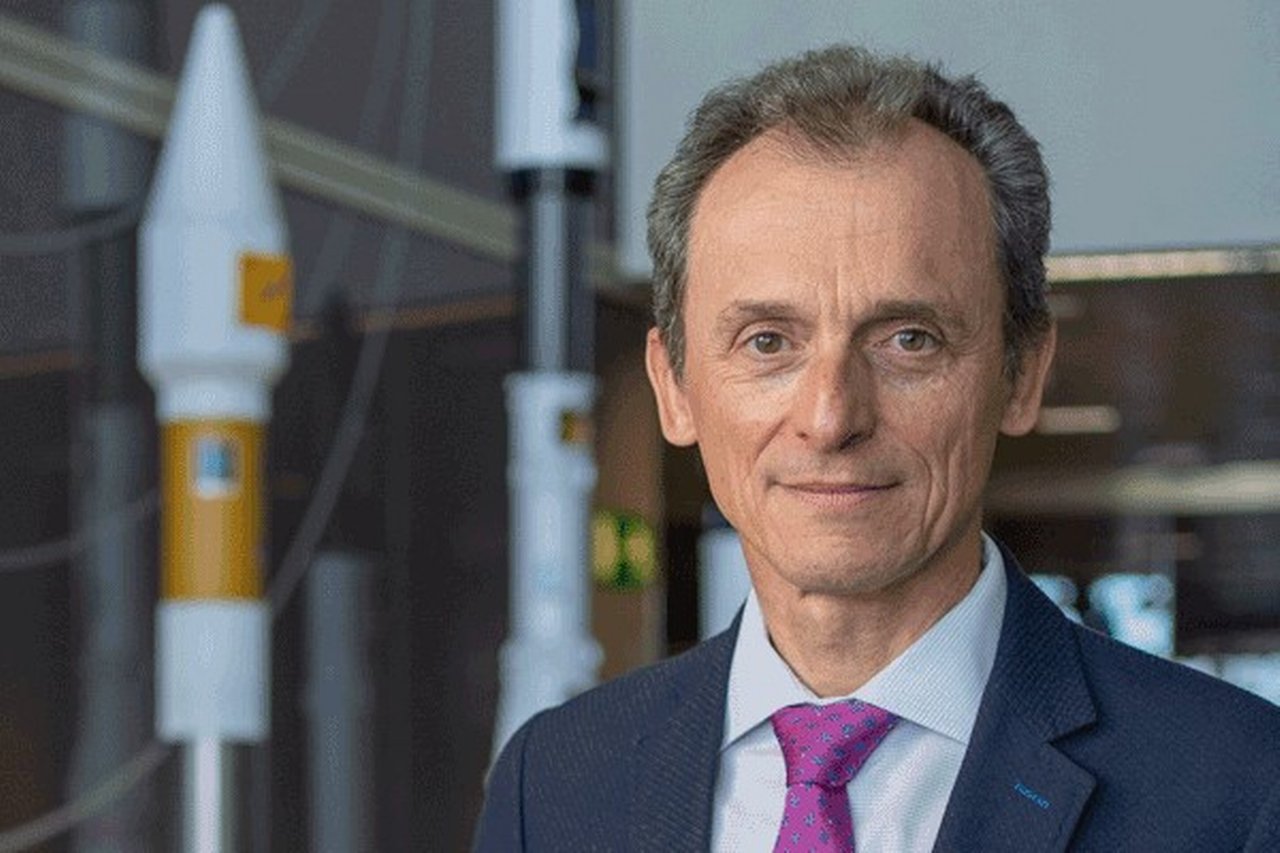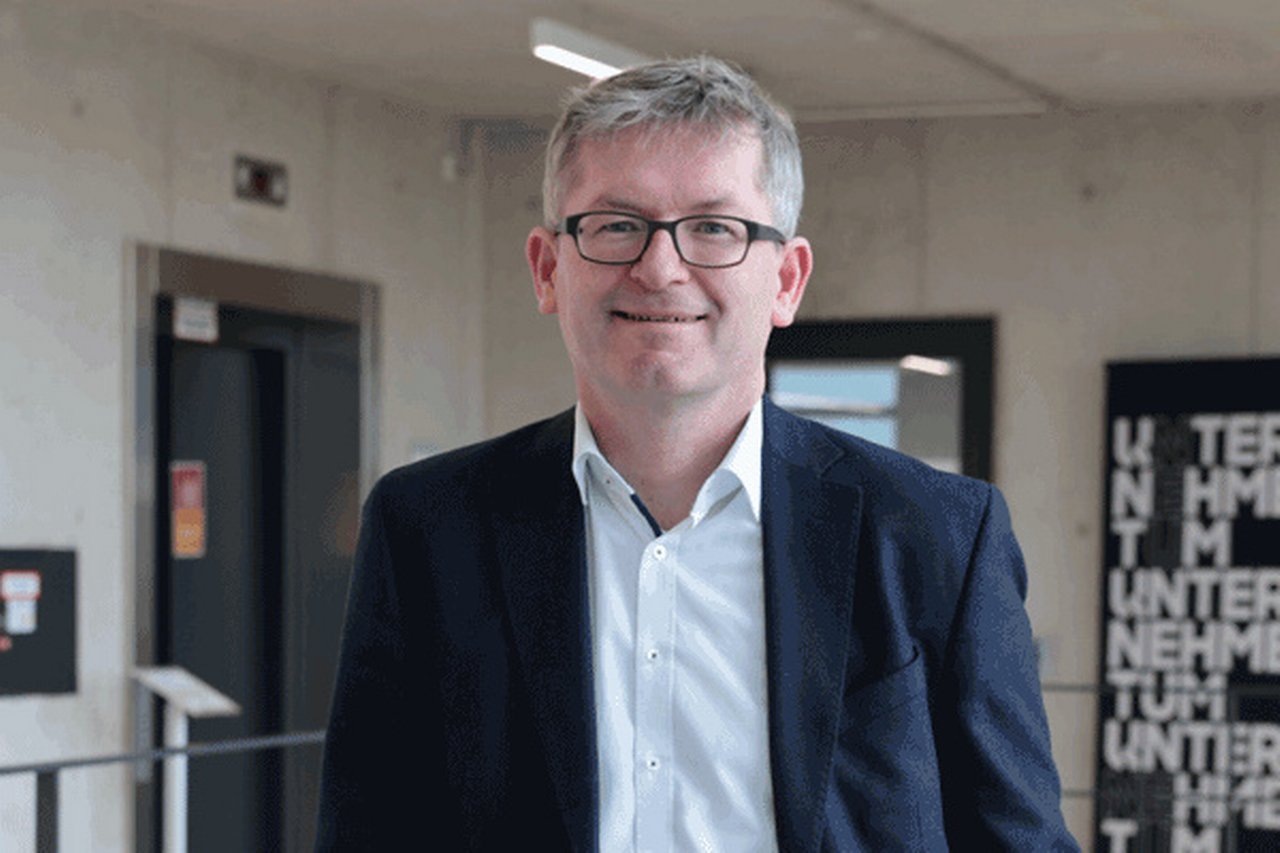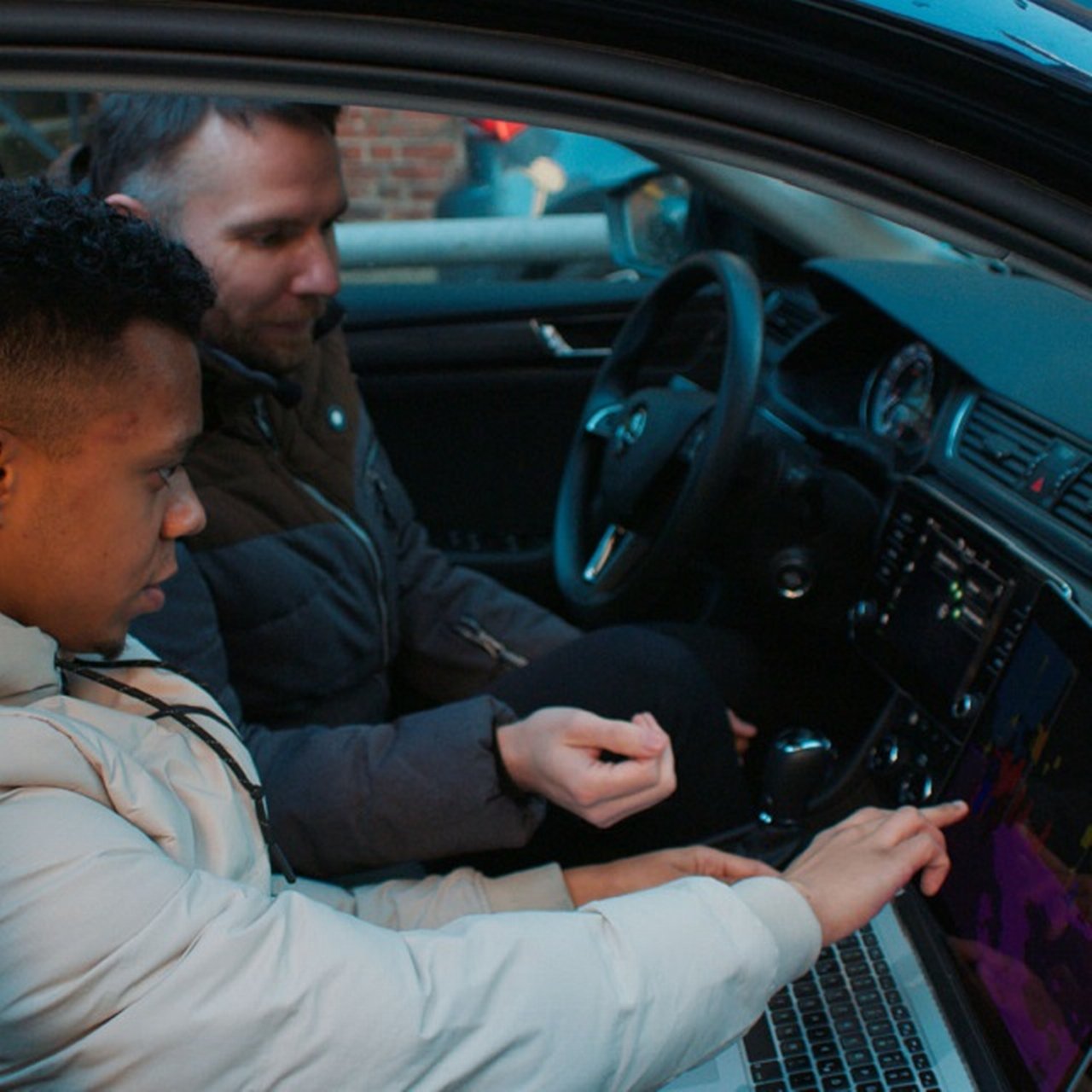“Nurturing the space industry is central to innovation”
Satellites are important for many future technologies such as autonomous driving or climate observation and protection. Pedro Duque, former astronaut and president of Hispasat, one of Europe's largest operators of communications satellites, describes why Europe needs a strong independent space industry.
Between rockets, old satellites, a dozen monitors and huge antennas we meet Pedro Duque in Hispasat’s control room in Madrid. Duque made two space flights for the European Space Agency (ESA) in 1998 and 2003. For Duque and his team at Hispasat, a key objective is to provide seamless internet connection through satellites for areas that lack the infrastructure.
There’s lots of hype around satellites providing seamless internet connections. Can you give us an example that shows how that works?
One strong example is GreenSat. With GreenSat we provide connectivity – which means seamless internet connection – to really difficult remote areas in Greenland in partnership with the local telecoms operator, TUSASS. Greensat will also allow to provide corporate services to mining companies and serve as back-up system to restore communication services in emergency situations.
Another concrete example is in Spain where we launched a satellite program that delivers a 200 megabit internet connection everywhere in the country. It can be installed via a simple phone by anybody living in underserved areas due to government subsidies provided by the European Recovery Funds.
Speaking of Europe, you are a European company operating in space. How well does the EU support space innovation?
The EU has supported innovation and science in space for many years. In particular, in the areas of space exploration and the economics of space, the EU has fostered companies in Europe for several decades. Space is a realm in which technology thrives to its fullest. By trying to go to space - and use space - we can achieve innovations that would otherwise not happen. Nurturing the space industry is central to innovation.

Why?
Because often innovation in space spills over to all other industries and the economy overall benefits from it. Certain use-cases such as autonomous driving require a seamless internet connection. Satellites, due to their global coverage, provide that connectivity in those areas where other technologies are not an option. In Europe we have been cooperating in the space industry for 55 years. And by evolving our rules of cooperation, we made sure that the investments were beneficial for different countries.
Looking to the future, what needs to change in Europe to foster further space innovation?
Europe’s space industry has always had a very large financing gap. Between five and ten times less money is spent by European governments than by the United States government on fostering space innovation. So it’s obviously much more difficult for European companies from other industries to use the advantages of space to be innovative. That is something that we could do better in Europe, and we could also consider ways to attract more capital from private investors as well. At the moment, companies from the US just have much higher budgets.
Do you see progress on that already?
Yes. In the recently published Letta report, the promotion of the space industry was highlighted as an important area in which the EU should do more in the future.
Europe is always a bit behind. But when it comes to public investment, we are in the process of striking a balance between the legitimate aim of each country to promote its own industry and the benefits of an EU-wide market. Europe can best achieve this by allocating public resources to the best technological solution, wherever it is created.

Deutsche Bank and Hispasat
Hispasat is one of the world's leading space companies and has strengthened its position in recent years. In a world full of challenges, of market disruptions, in technologies and with a new geopolitical situation Deutsche Bank advises Hispasat in key markets.
Our client relationship with Hispasat demonstrates the strength of our global Hausbank model. We are proud that Hispasat can benefit from our global network, wide-ranging expertise and high-quality advice. This demonstrates our capabilities to provide tailor made solutions for our clients in Spain.
Recommended content
Booster for Europe’s start-up scene Booster for Europe’s start-up scene
Inspired by the vibrant start-up scene at Stanford University, Helmut Schönenberger set up a start-up hub at the Technical University of Munich 22 years ago. With the support of local businesses, it became a huge success. Now the model is set to set a precedent in Europe.
Responsible Growth | Video Story
Sustainability is always in fashion Sustainability is always in fashion
Spanish label Ecoalf is a pioneer in the industry, showing how stylish urban fashion can be both sustainable and profitable.
Digital Disruption | Video Story
How AI helps autonomous driving achieve a breakthrough Autonomous driving – breakthrough thanks to AI?
Autonomous driving is a big hope for the future, but accidents still cause concern. The start-up Deep Safety wants to make autonomous vehicles safe.
No life in the cabin – the future with driverless trucks No life in the cabin – the future with driverless trucks
Hendrik Kramer is co-founder and CEO of FERNRIDE.
He describes how the Munich-based start-up is setting out to revolutionise logistics.





